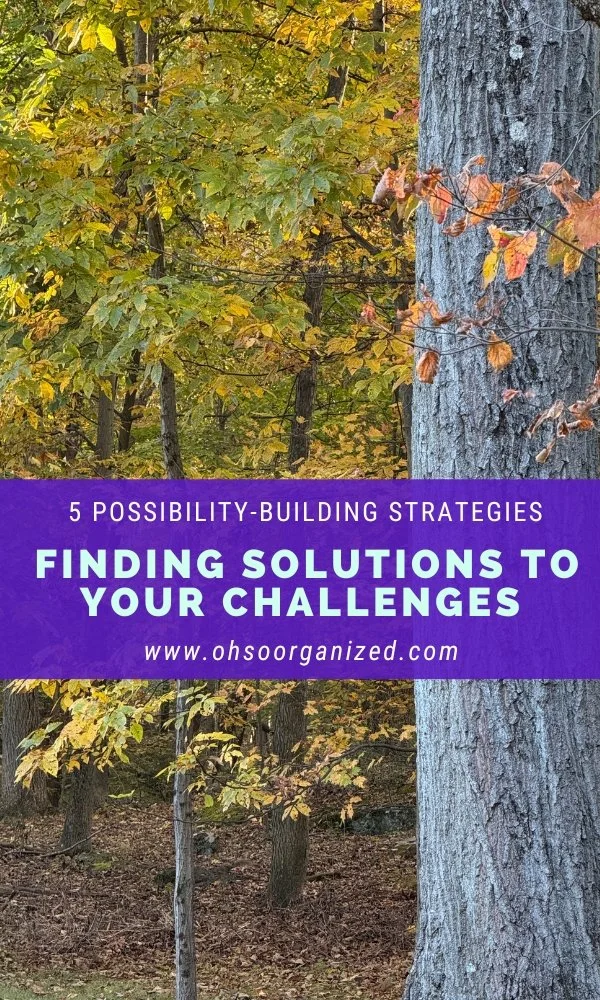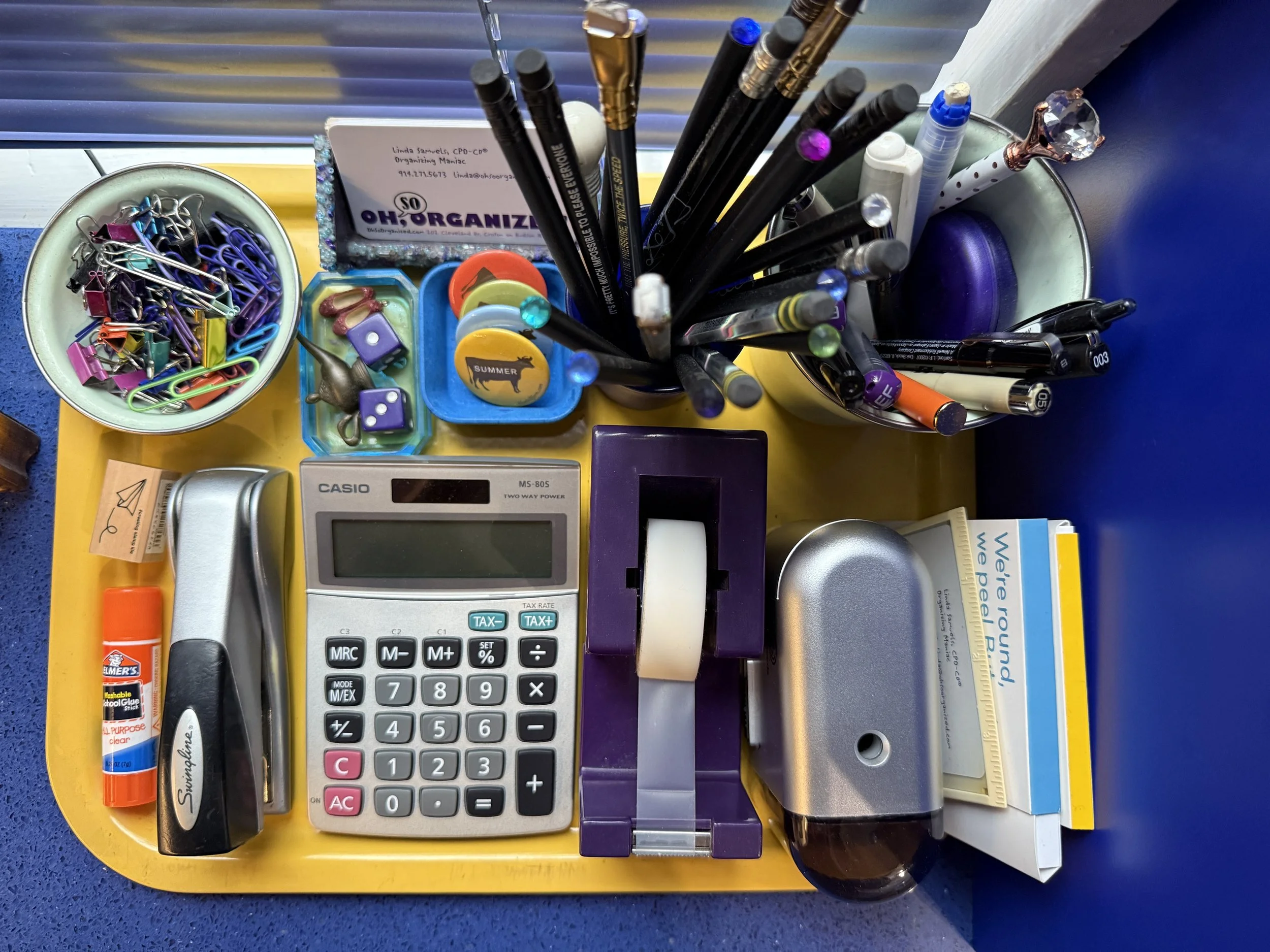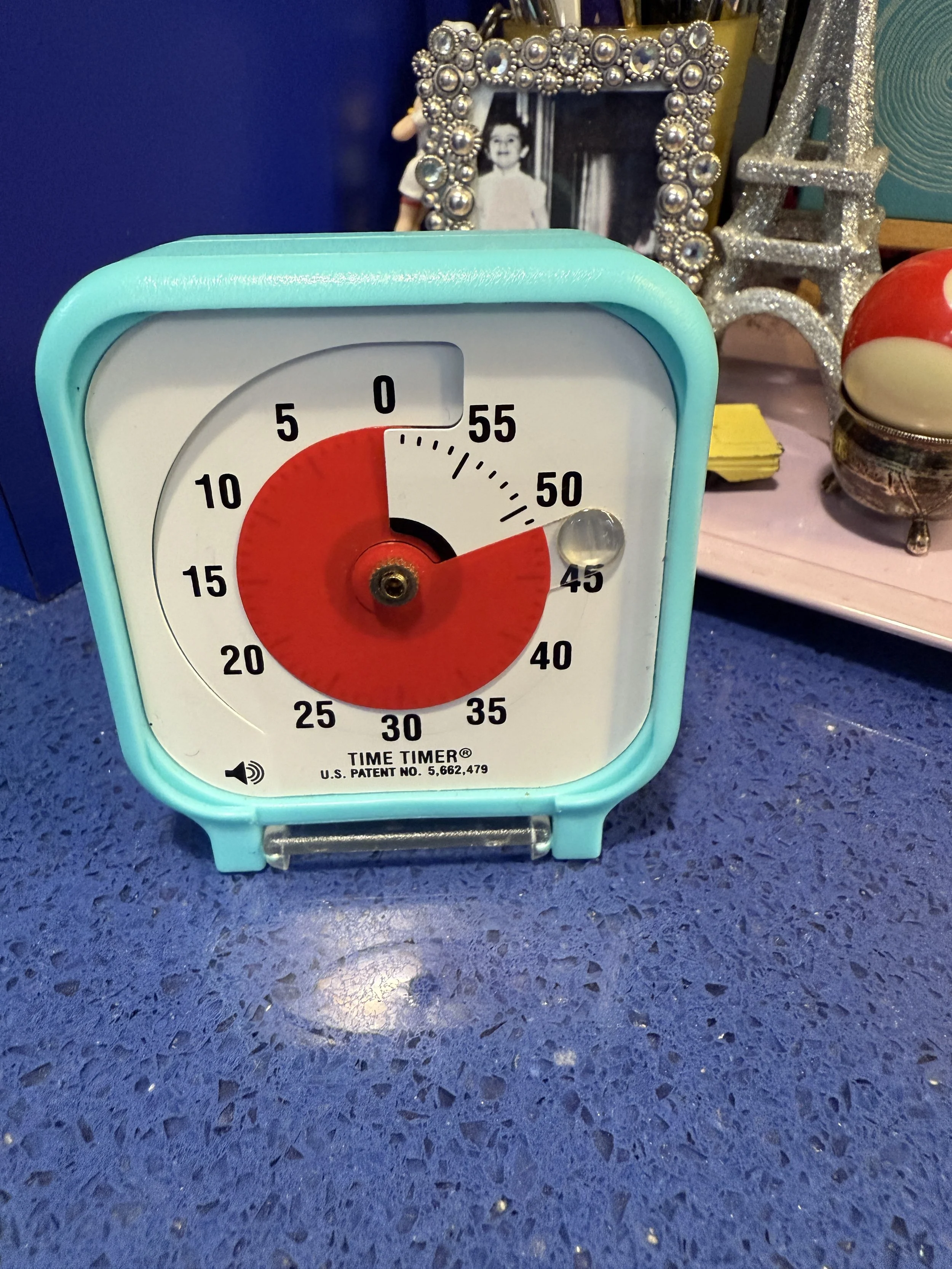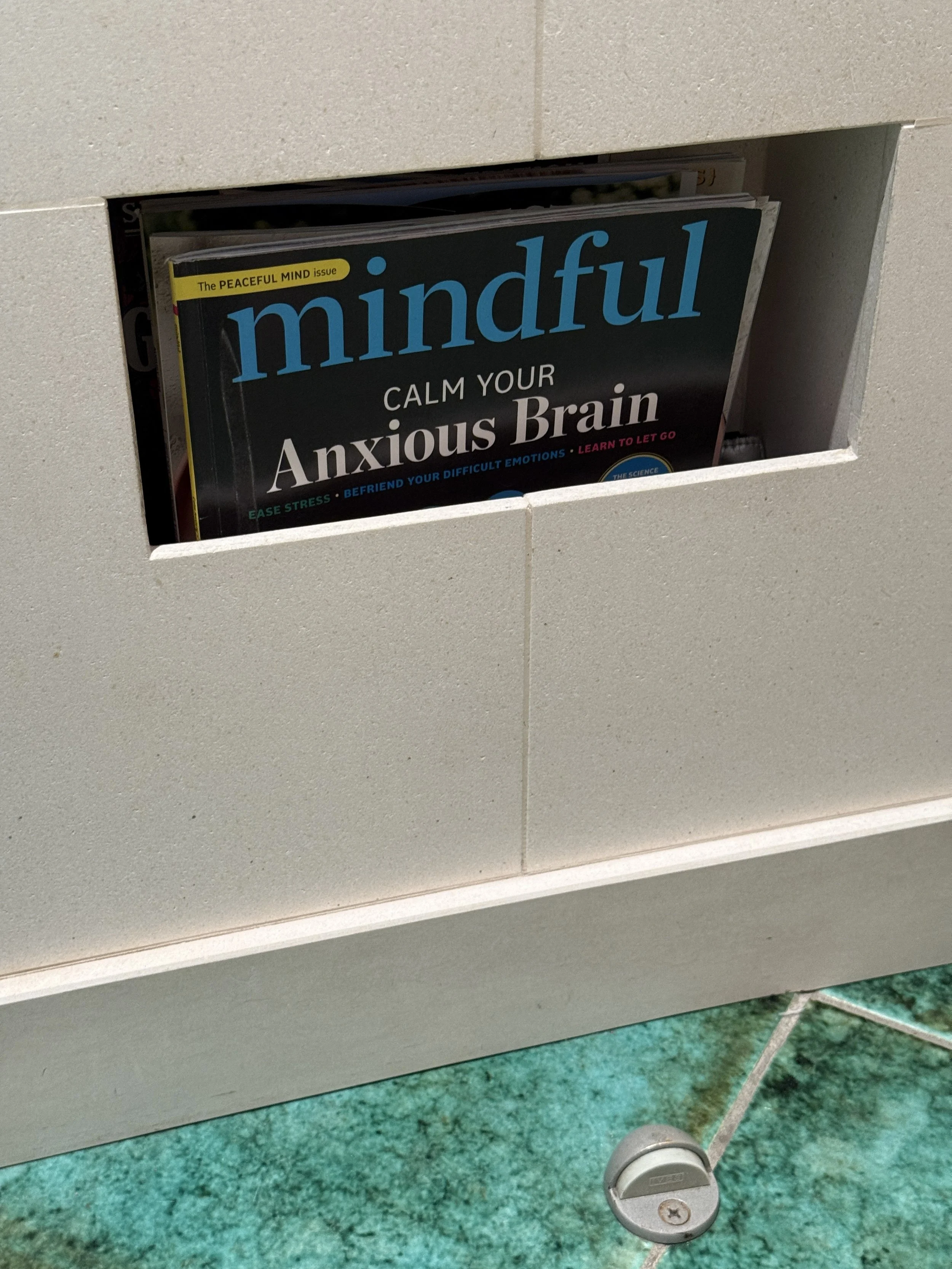Jingle bells, jingle bells, jingle all the way! I can hear that tune, the sound of the bells, the smell of pine, and the sight of twinkling lights brightening the dark night. This is the season of festivities, gatherings, and joy. It’s also a time when it's all too easy to overdo, overindulge, and overcommit.
Here’s the good news. If you’re already feeling like it’s too much, I’ve come up with some antidotes. You can increase joy, reduce anxiety and stress, and restore more balance. Of course, you can use these strategies at any time, but they can be especially helpful during the holidays when stress can be high.
The underlying concept is based on what you might need more of or less of right now. Experimenting with even one of these could bring you more joy and happiness today. And what’s not to love about that?
4 Ways to Foster Joy, Reduce Anxiety, and Bring More Balance Right Now
What I love about these techniques is their simplicity and their ability to address a wide range of needs. Maybe you’re tired or anxious. Perhaps you want to have more fun. Or maybe you’re yearning for the familiar. There’s something for everyone. Pick and choose which strategy or combination of techniques will be most useful for you.
1. Invite in More Rest
I remember kindergarten, when the teacher insisted on nap time. We would unroll uncomfortable, smelly mats onto the hard floor, be quiet and still (not easy for a five-year-old Linda), and be forced to nap for what felt like an eternity. Naptime felt like a punishment. I felt like I was missing out on life. Instead, I wanted to play, talk, learn, and interact with my friends.
However, as an adult, I’ve come to respect and understand the value of giving my mind and body a short time to rest. It’s a beautiful way to stop, refresh, and return with more energy, focus, and kindness.
If you go all in, you’ll come back feeling more relaxed and joy-filled. Here’s the recipe for a short, restorative rest:
Find a quiet spot.
Wrap yourself in the coziest blanket (my favorite part).
Dim the lights.
Set an alarm for 15-20 minutes.
Allow yourself to settle.
Nap away.
This is a wonderful antidote to the “overdoing it” that often comes with the holiday season. If you’re tired or cranky, invite in some rest. Wake up more joy-filled.
2. Engage in Spontaneous Fun
There are so many truly horrific things happening in the world. They weigh heavily on our hearts and minds, making the idea of having fun feel impossible or inappropriate.
However, to handle the hard things life brings, it’s important to bring some balance by replenishing your resilience reserves. One way to do this is to invite in fun, even if it’s unplanned. Say yes to silliness. That might look like going to a comedy show, having a snowball fight, playing charades, or listening to music while doing goofy dance moves.
The other day, my husband and I had a wonderful BBQ lunch at a local restaurant. It was delicious and filling. It was also right near a local mall. After lunch, we went to the mall, not to shop, but to walk off the beef brisket and hot sausage sandwiches we had just eaten.
As we walked, we discovered Dream Riders, a store that offers electric ride-on plush animals. While they are marketed for kids, adults can ride them, too. I saw the animals lined up and a few kids riding them around, and I thought, “Hey, this looks like fun. I want to try it!”
And since Steve is always up for anything (one of the many things I love about him), he was on board immediately. We spent 10 minutes riding, laughing, smiling, and having a blast. Aside from having fun, the sight of us enjoying ourselves made other people smile and laugh as we passed by, riding our Panda and Tiger.
Embracing impromptu or intentional fun during the holiday season is a wonderful way to nurture joy.
“Say yes to silliness.”
3. Do a Quick Reset
A few weeks ago, I shared five simple practices to reduce stress. I have one more that helps with handling anxiety, which can surface during the holidays. As wonderful as it can be to visit with family, it can also be anxiety-producing to return home. Anxiety can surface from being around too many people, experiencing more noise than you’re used to, having your routines disrupted, or having unhealthy childhood habits, relationship patterns, or interactions surface.
One strategy that helps is using the 3-3-3 Rule. It’s a simple, effective reset that can be used anywhere, anytime. Here is the method:
Set: If possible, go to a private space, such as a bedroom or bathroom, where you won't be disturbed.
See: Name three things you see, like a blue glass sink, a green plant, or a white wall lamp.
Hear: Name three sounds you hear, like people talking in the other room, the boiler humming, or a truck rumbling outside.
Move: Move three parts of your body, such as opening and closing your hands, moving your head side to side, or stretching your arms above your head.
Exercising the 3-3-3 Rule will create distance from your anxious thoughts and ground you in the present moment by engaging with your environment and physical sensations.
This reset is an excellent strategy to reduce anxiety and restore balance during the holiday season and beyond.
4. Revisit a Tradition
I’m not sure if you’ve had this experience, but for me, some seasonal traditions remain, some are reimagined, and others disappear completely. These traditions can evoke a mix of feelings, from joy and happiness to grief, frustration, longing, excitement, and relief.
One annual tradition we look forward to is celebrating the winter solstice. Lighting the giant bonfire in the woods signals a transition to the new season. It also marks a change, with a gradual return to less darkness and longer, light-filled days.
For 32 years, our friends have invited family and friends to join this magical experience. At night, each person carries a lit candle up the hill into the woods, where a tepee-like structure of wooden sticks stands tall in the darkness. Before the bonfire is lit, we are encouraged to reflect on what was, release what we no longer want, and imagine how we wish the new year to be. The structure is lit and begins to burn slowly.
When ready, each person carefully approaches the fire and tosses their candle in. I watch, mesmerized and in awe, as the flames gain energy and bring warmth. Tinder sparks fly up and dance wildly against the night sky. Crackling sounds, shifting wood, and the voices of people enjoying each other’s company are the evening’s soundtrack.
Traditions can be comforting, especially those that renew and lift your soul. The winter solstice gathering is one of my favorites each year. It’s a joyful way to release the past, imagine the future, and reconnect with special friends in the present. I’m so grateful to John and Judy for keeping this tradition alive.
What Do You Want to Invite This Holiday Season?
Are your holidays infused with joy, anxiety, or both? How would you like them to be? Is the balance and focus off? Which strategies resonate most with you? What brings you joy and balance?
I’d love to hear your thoughts. I invite you to join the conversation.
How Can I Help?
Do you feel overwhelmed, disorganized, stressed, or out of balance? Would you like to make changes? I’m here to help! Virtual organizing is an extraordinary path forward – Local feel with a global reach.
Let’s connect! I’m easy to reach.
Schedule a Discovery Call
Fill out the Contact form
Email me at linda@ohsorganized.com or
Call 914-271-5673
Getting organized is possible, especially with support.
























